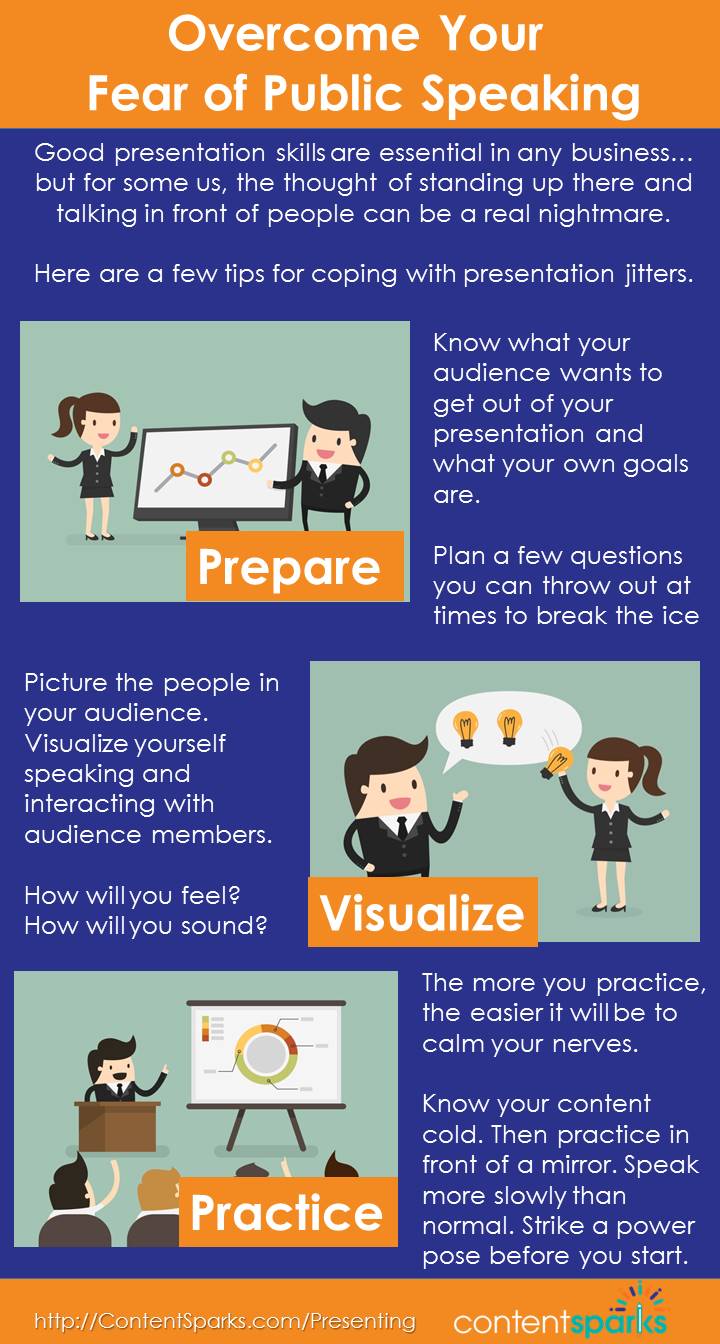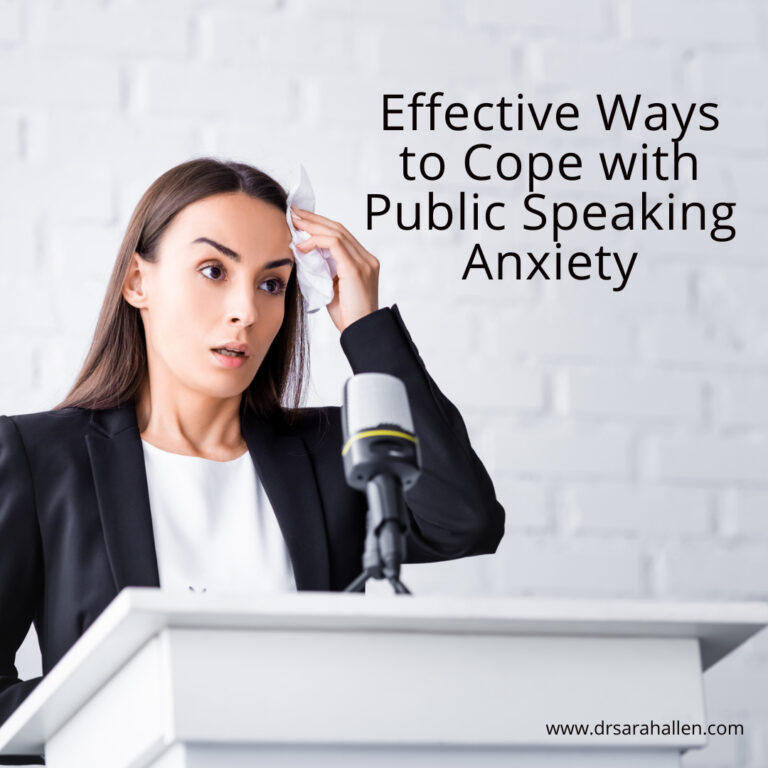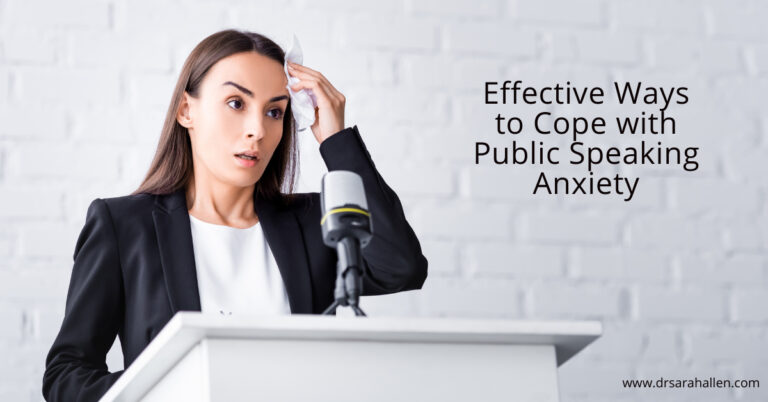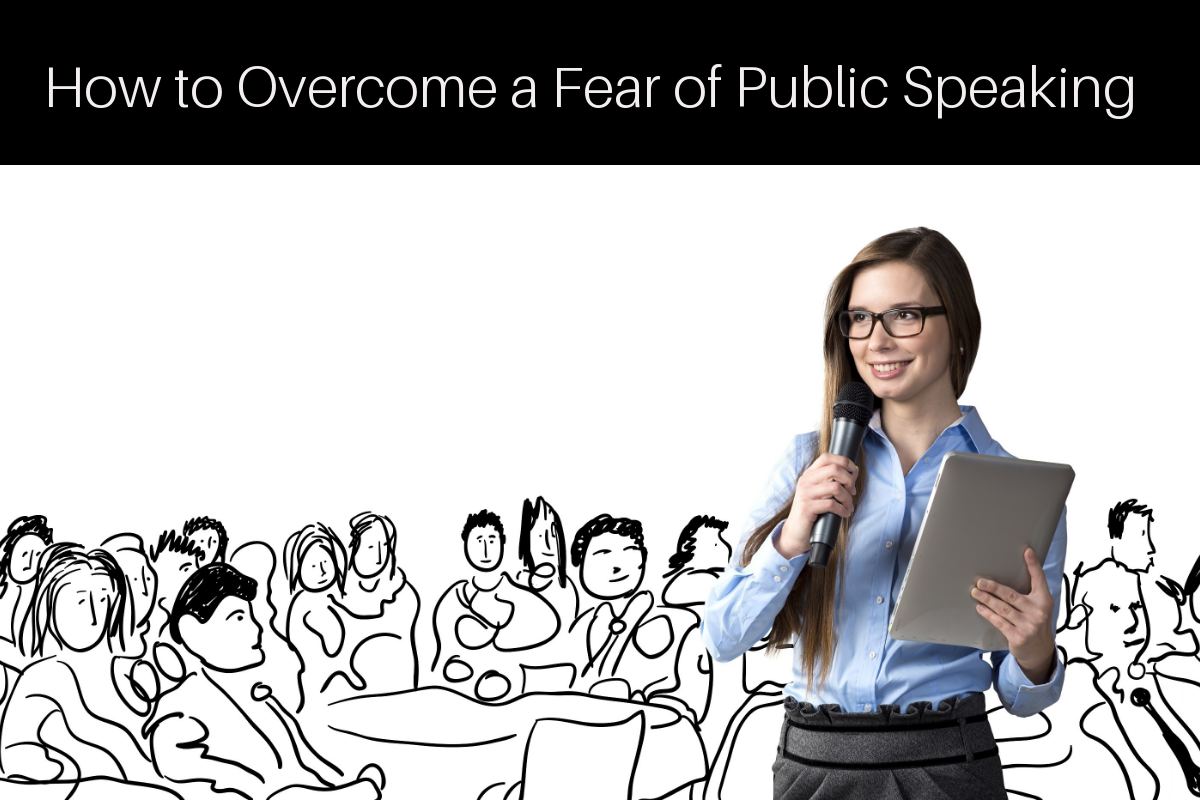How To Beat Public Speaking Anxiety
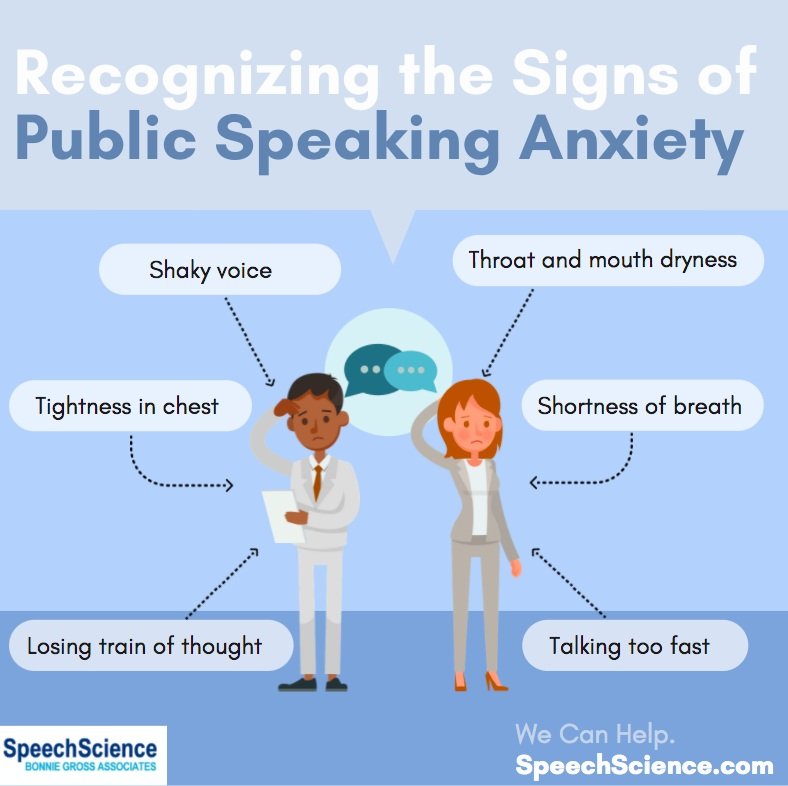
Imagine standing backstage, heart pounding like a drum solo, palms slick with sweat. The murmur of the crowd is a dull roar, amplifying the butterflies doing acrobatics in your stomach. It's a scene familiar to countless individuals, a prelude to the daunting task of public speaking.
But what if we told you that this nerve-wracking experience doesn't have to be a source of dread? Learning to manage, even conquer, your public speaking anxiety is possible with the right tools and techniques.
At its core, public speaking anxiety, also known as glossophobia, is a form of performance anxiety. It's characterized by the fear and apprehension one experiences before, during, or after speaking in front of an audience. This anxiety can manifest in various ways, from physical symptoms like rapid heartbeat and trembling hands to psychological symptoms like racing thoughts and a fear of judgment.
Understanding the Roots of Fear
According to the National Institute of Mental Health (NIMH), social anxiety disorders, including public speaking anxiety, affect millions of adults. It’s estimated that nearly 73% of the population suffers from some degree of glossophobia.
The reasons behind this fear are multifaceted. Some individuals may have had negative experiences in the past, such as a presentation gone wrong or a critical audience member. Others may struggle with self-consciousness and a fear of being evaluated negatively by others.
It's important to remember that feeling nervous is a natural response. It’s a sign that you care about doing well. However, when anxiety becomes overwhelming and debilitating, it's time to take action.
Practical Strategies for Success
Fortunately, numerous strategies can help you manage and overcome public speaking anxiety. These strategies range from preparation techniques to cognitive restructuring and relaxation exercises.
Preparation is Key
One of the most effective ways to combat anxiety is through thorough preparation. Knowing your material inside and out can significantly boost your confidence.
Practice your speech multiple times, preferably in front of a mirror or a small group of friends or family. This allows you to refine your delivery, identify areas for improvement, and become more comfortable with the flow of your presentation.
Creating detailed notes or a well-structured outline can also provide a sense of security, preventing you from feeling lost or overwhelmed during your speech.
Reframing Negative Thoughts
Often, anxiety stems from negative thoughts and self-doubt. Challenging these thoughts and replacing them with more positive and realistic ones can make a significant difference.
For example, instead of thinking, "I'm going to mess up," try reframing it as, "I've prepared well, and I'm going to do my best." Acknowledge your anxieties, but don’t let them control your narrative.
Mastering Relaxation Techniques
Techniques like deep breathing exercises, meditation, and progressive muscle relaxation can help calm your nerves and reduce physical symptoms of anxiety. Before your speech, take a few minutes to practice deep, slow breaths.
Focus on inhaling deeply into your abdomen and exhaling slowly. This can help lower your heart rate and ease tension. Visualize a calm and confident version of yourself delivering a successful presentation.
Embracing Imperfection
It's important to remember that no one is perfect, and mistakes are inevitable. Don't strive for perfection; strive for authenticity.
If you stumble over a word or lose your train of thought, don't panic. Take a deep breath, collect yourself, and continue. The audience is often more forgiving than you might think.
Seeking Professional Help
For some individuals, public speaking anxiety may be severe enough to warrant professional help. Therapists specializing in anxiety disorders can provide effective treatments such as Cognitive Behavioral Therapy (CBT).
CBT helps individuals identify and change negative thought patterns and behaviors that contribute to anxiety. It may also involve exposure therapy, where you gradually expose yourself to public speaking situations in a controlled and supportive environment.
Don’t hesitate to consult a professional. Therapy is not a sign of weakness; it's a sign of strength and a proactive step towards improving your well-being.
A Journey of Growth
Overcoming public speaking anxiety is a journey, not a destination. It requires patience, persistence, and a willingness to step outside your comfort zone.
Each time you speak in public, you're building confidence and resilience. Celebrate your progress, no matter how small. Remember every opportunity to speak is a chance to learn and grow.
So, take a deep breath, embrace the challenge, and remember that your voice matters. With the right tools and mindset, you can transform your fear into an opportunity to connect, inspire, and make a difference.
